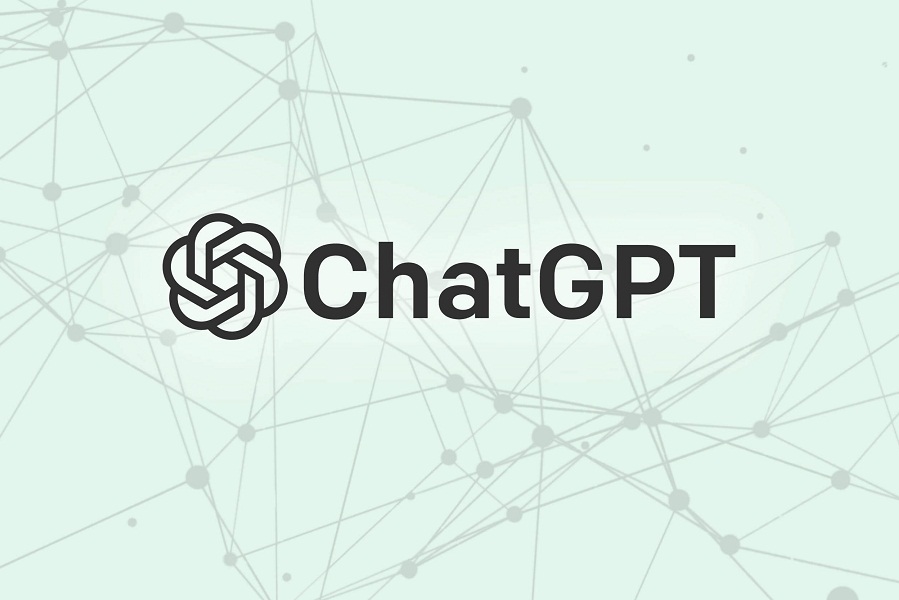
Published :
Updated :

A teacher who teaches business at a private university is pleasantly surprised to suddenly discover her students' spectacular improvement in language proficiency. More so, she is baffled to find that some of them who had serious difficulty in composing their thoughts, let alone express in simple communicative English, have emerged delightfully flawless in their assignment papers. Her surprise didn't, however, last long as she happened soon to find out the key-a loud and open one--to such magical progress. Yes, it's ChatGPT, the transformative artificial intelligence (AI) tool, that the teacher is least hesitant to call a cheating devise. A rash conclusion maybe; still for many around the world the AI tool has sparked both excitement and concern. It all began since its launch by OpenAI in November 2022. Among its wiles, it is most known for its prowess at churning out language, especially prose.
Naomi S Baron, Emeritus Professor of Linguistics at the American University in her essay on Detrimental Impact of Artificial Intelligence on Literacy and Cognition writes, "A spectre is haunting the landscape-the spectre of generative AI. First came fears that student cheating would explode, plus that artists and actors would be unemployed. Then the ante was upped: Some of the very technology's creators warned that AI's potential risk to humanity as we know it was on par with pandemics and nuclear war." She further asks, 'On an existential level, does it matter if AI writes for us? For a non-kneejerk answer, we need to make a serious stab at understanding how writing affects us as people.' What Ms. Baron has hinted at is indeed crucial when it comes to human engagement in intellectual exercise. No doubt ChatGPT has come up with a magic tool unthinkable in the past, and the power it flexes has seemingly left a 'compelling' influence on academic and intellectual pursuits. While making life easy with technology in most cases is welcome, over-reliance on such ease in academia and learning (to the extent of submission) appears to negate---in fact, degrade, the potential of human brain. If writing helps us think, what happens when we surrender the process to AI? Baron cautions that such ease isn't always in our interest. 'As AI plies us with suggestions or full-blown text,' she argues, 'we risk losing not just our skills but the power of writing as a springboard for personal reflection and unique expression.' This is because human motivation for writing runs deeper. We write to look outward, as with literary works that convey our perspective on the human condition. We also write to look inward, to find out what we're thinking. We write for personal release, be it a diary entry or a letter of resignation to the employer. All these writings are grounded in human sentience, of which AI has none.
The literate brain empowers us to use writing as a canvas for witnessing our thoughts. Recall Flannery O'Connor's much-quoted remark, "I write because I don't know what I think until I read what I say." Her sentiment is hardly unique in literary history. We find it echoed by Horace Walpole, E.M. Forster, Arthur Koestler, George Bernard Shaw, William Faulkner, and, of course, Joan Didion (who once famously said, "I don't know what I think until I write it down").
Proponents of AI argue that ChatGPT represents a boon to society. Its ability to provide immediate and accurate information enhances accessibility and efficiency. Through natural language dialogue, individuals can easily obtain answers to their queries, bridging knowledge gaps and empowering those with limited access to educational resources. Furthermore, ChatGPT's adaptability allows it to be tailored to specific domains, such as customer service, education, and healthcare, where it can offer specialised knowledge and personalised responses. This versatility enhances user experience and customer satisfaction by reducing wait times and increasing responsiveness. Moreover, according to them, ChatGPT can serve as a great tool for language learning and skill development. Its multilingual capabilities facilitate language acquisition, breaking down barriers to communication and fostering cultural exchange. Additionally, ChatGPT can assist individuals in practising various skills, such as writing, public speaking, and negotiation, by providing feedback and guidance in a supportive environment.
What about the significant challenges and potential drawbacks it poses? While ChatGPT strives for accuracy, its responses may inadvertently contain errors or biased information, leading to the dissemination of false or misleading content. This poses a threat to the credibility of information sources and can undermine public trust in online information sources. While ChatGPT can simulate human conversation to some extent, it lacks the empathy and emotional intelligence of genuine human connections.
ChatGPT's ability to provide instant information, support language learning, and enhance productivity is undeniable, but the risks of misinformation, unemployment, and social isolation must be carefully managed. By implementing effective safeguards and promoting responsible usage, society can harness the potential of ChatGPT as a useful tool while mitigating its potential drawbacks. Ultimately, striking a balance between the advantages and risks of ChatGPT will be critical in judging its impact on human values and societal well-being.


 For all latest news, follow The Financial Express Google News channel.
For all latest news, follow The Financial Express Google News channel.